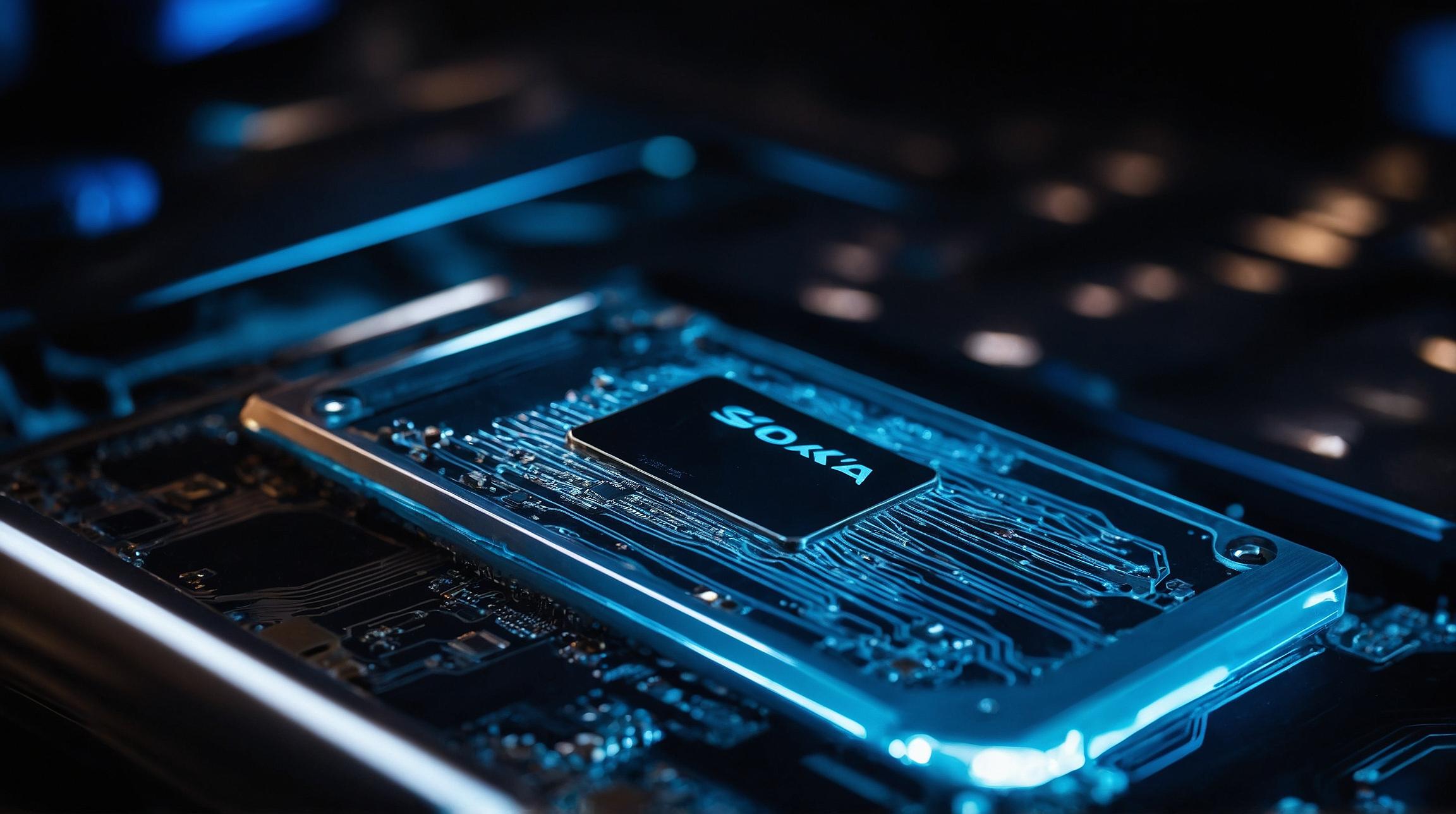Chinese Tech Firms Turn to Gaming Chips for AI Amid Export Restrictions
Chinese tech companies are facing challenges in acquiring high-performance processors for their artificial intelligence (AI) projects due to export restrictions imposed by Washington. In response, these companies are now looking for unconventional solutions to meet their chip requirements. One such solution involves repurposing high-end gaming graphics cards from NVIDIA, designed primarily for PC gaming, as makeshift AI processors. This innovative approach allows Chinese firms to bypass the scarcity of high-performance chips in the country.
Repurposing NVIDIA Gaming GPUs as AI Chips: A Desperate Solution
Chinese factories and workshops have started dismantling thousands of NVIDIA gaming graphics cards each month to extract their components. These components are then integrated into new circuit boards, effectively transforming the gaming GPUs into AI processors. While this may provide a temporary solution to the chip shortage, industry experts caution that gaming graphics cards may not have the necessary precision and computing power required for certain AI tasks, particularly in training large language models.
Limitations and Challenges of Using Gaming Graphics Cards for AI
Although gaming graphics cards possess significant raw computing power, they may not be suitable for all AI applications. The limitations of interconnection speeds between chips make it challenging to create effective computing clusters using repurposed gaming GPUs. Analysts compare this approach to using a kitchen knife for artwork—while it may work to some extent, it is far from optimal. The complex calculations and precision required for extensive language model training may not be adequately fulfilled by repurposed gaming graphics cards.
Concerns Raised Over Intellectual Property Rights and Bans on Gaming Cards
While repurposing NVIDIA gaming graphics cards provides short-term relief for Chinese tech companies, concerns arise regarding potential violations of NVIDIA’s intellectual property rights. Additionally, there is a risk that gaming cards could face future restrictions on sales to China. These legal and commercial uncertainties cast doubts on the viability of relying on gaming GPUs for long-term AI projects.
NVIDIA’s Response: Modified Cards and Tailored Chips for China’s AI Demand
In response to export controls, NVIDIA has released a modified version of its banned gaming cards, the GeForce RTX 4090 D, to comply with the latest regulations. However, industry insiders express doubts about the power and capabilities of these modified versions for extensive language model training. To meet China’s growing demand for AI systems while adhering to export controls, NVIDIA is also developing three chips tailored specifically for the Chinese market. However, the performance of these chips is reported to be weaker than previous models, and they are not expected to be widely available until March. Some Chinese customers have expressed dissatisfaction with the pricing of these inferior processors, leading them to explore alternatives within China’s developing chip ecosystem. Meanwhile, others continue to rely on NVIDIA’s less expensive gaming chips, hoping for successful, albeit temporary, solutions to the chip shortage.
(With inputs from agencies)
Analyst comment
Negative news: Chinese Tech Firms Turn to Gaming Chips for AI Amid Export Restrictions
As an analyst, the market is likely to see short-term relief for Chinese tech companies as they repurpose gaming graphics cards for AI. However, limitations in precision and computing power may hinder certain AI tasks. Concerns over intellectual property rights and future restrictions on sales to China also cast doubts on the long-term viability of this solution. NVIDIA’s modified cards and tailored chips may offer some relief, but with weaker performance and limited availability, alternative solutions within China’s chip ecosystem may be explored.













